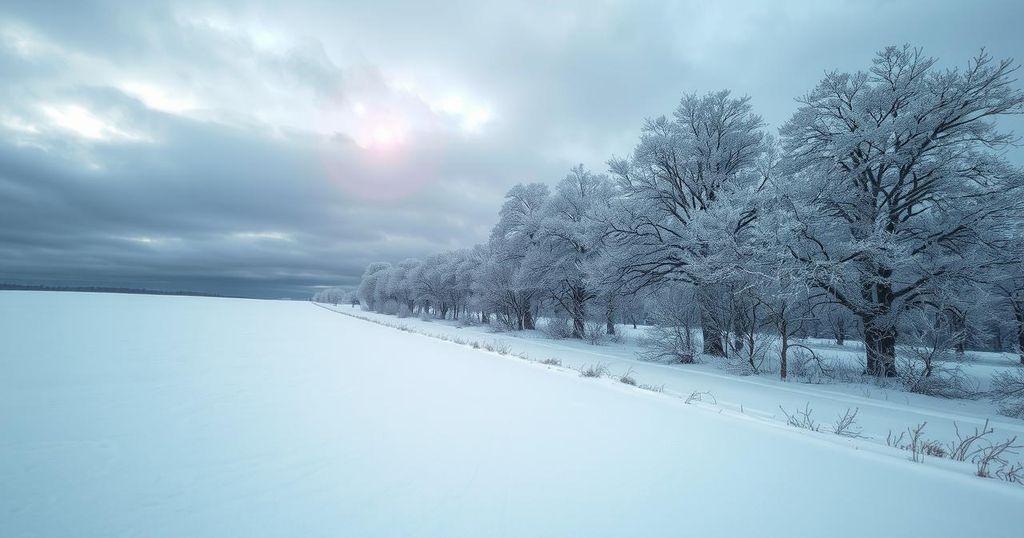Record Cold Grips Argentina, Chile and Uruguay
- Argentina, Chile, and Uruguay experience record low temperatures.
- At least 15 deaths reported due to the severe cold snap.
- Governments restrict gas supplies and open emergency shelters.
Polar Cold Mass Causes Severe Weather Conditions
Record low temperatures have gripped Argentina, Chile, and Uruguay, leading to significant distress across these nations. This polar cold snap, which has its origins in Antarctica, has not only severely impacted local weather conditions but has also resulted in tragic loss of life, with at least 15 fatalities reported so far. In response to this unusual weather, which has plunged temperatures far below typical winter levels, government officials have made the difficult decision to restrict gas supplies for households and industries, prioritizing emergency shelters to protect vulnerable populations.
Emergency Measures and Community Response
The impact of this polar air mass has been felt across various regions, as evidenced by widespread news reports. Citizens have been urged to stay indoors, especially the elderly and those with health conditions, as a means to avoid the severe cold that is expected to persist for several days. Emergency relief efforts are being mobilized across the affected areas, with local agencies working to distribute blankets, food, and medical aid to those in need, illustrating the urgency of the situation and the dedication of community support efforts during this crisis.
Long-term Implications of Extreme Weather
In light of these extreme weather conditions, the respective governments are under pressure to manage both the short-term crisis and prepare for potential future occurrences given the unpredictability of climate patterns. Public health and safety are at the forefront of decision-making, and the situation has raised discussions about the need for more robust infrastructure and readiness in the face of such unexpected weather events. While these governments are navigating the immediate implications of the cold snap, the enduring effects on public policy and community preparedness will likely resonate long after the temperatures return to normal.
The recent polar air mass has led to record cold temperatures in Argentina, Chile, and Uruguay, resulting in at least 15 fatalities and prompting government restrictions on gas supplies. Emergency shelters have been activated, reflecting the urgent need for safety measures during this crisis. The situation highlights the importance of preparedness for extreme weather events as communities respond to immediate and longer-term challenges.




Post Comment